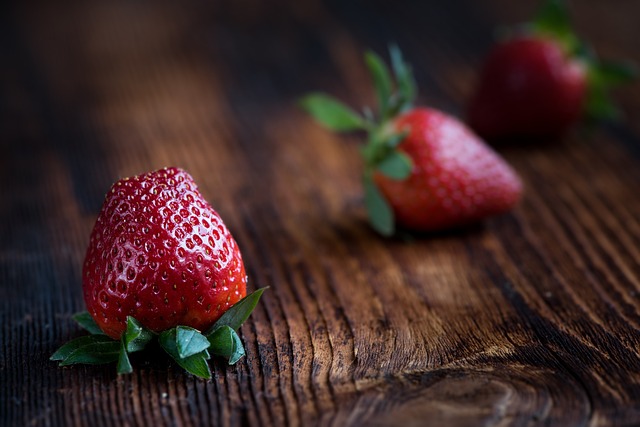Probiotic Powerhouses: Supercharging Your Smoothies with Bacteria’s Benefits
Smoothies have long been hailed as a tasty and nutritious way to start the day. Packed with fruits, vegetables, and an array of other superfoods, smoothies provide a quick and convenient way to boost your intake of vitamins, minerals, and antioxidants. But have you ever considered adding probiotics to your smoothies? These tiny, beneficial bacteria can turn your already healthy smoothie into a nutritional powerhouse.
The Benefits of Probiotics
Probiotics are live bacteria and yeasts that are good for your health, especially your digestive system. They promote the growth of beneficial gut bacteria, which can improve digestion, boost immune function, and enhance nutrient absorption. Probiotics have been linked to various health benefits, including reducing inflammation, alleviating certain gastrointestinal disorders, and even improving mental health.
By incorporating probiotics into your smoothies, you can easily introduce these beneficial microorganisms into your diet and take advantage of their numerous health benefits.
Choosing the Right Probiotic
When selecting a probiotic for your smoothie, it’s important to choose a high-quality product that contains a variety of strains and a high number of colony-forming units (CFUs). Look for labels that specify the strains included and the number of CFUs per serving. Aim for a product that provides at least 1 billion CFUs.
It’s also worth considering whether you prefer a dairy-based or plant-based probiotic. Both options can be suitable for smoothies, but if you’re lactose intolerant or following a vegan diet, a plant-based probiotic would be the better choice.
Probiotic-Rich Ingredients for Smoothies
To supercharge your smoothies with probiotic power, consider incorporating some of these ingredients:
1. Yogurt or Kefir
Yogurt and kefir are both fermented dairy products that are rich in probiotics. They can add a creamy texture and tangy flavor to your smoothies. Opt for plain, unsweetened varieties to avoid added sugars. If you’re lactose intolerant, there are non-dairy alternatives available, such as coconut milk yogurt or almond milk kefir.
2. Kombucha
Kombucha is a fermented tea that is naturally carbonated. It contains a variety of probiotic strains and is known for its detoxifying properties. Adding kombucha to your smoothie can give it a unique fizzy kick while providing gut-boosting benefits.
3. Sauerkraut or Kimchi
Sauerkraut and kimchi are traditional fermented foods that are loaded with probiotics. While they may seem like unconventional smoothie ingredients, a small amount can add a tangy and complex flavor profile to your drink. Start with just a teaspoon or two and adjust according to your taste preferences.
4. Miso Paste
Miso paste is made from fermented soybeans and adds a savory umami flavor to dishes. It can also be a unique addition to smoothies, offering a subtle tanginess and a boost of probiotics. Look for unpasteurized miso paste to ensure it contains active cultures.
5. Probiotic Powder
If you prefer a tasteless and convenient option, probiotic powder can be easily added to any smoothie without altering the flavor. Choose a powder that is specifically formulated for smoothie integration, as not all probiotic powders are suitable for blending with liquids.
Recipes to Get You Started
Now that you know the benefits of probiotics and some of the ingredients you can use, here are a few ideas to inspire your probiotic smoothie creations:
1. Berry Blast Probiotic Smoothie
Ingredients:
- 1 cup mixed berries (strawberries, blueberries, raspberries)







